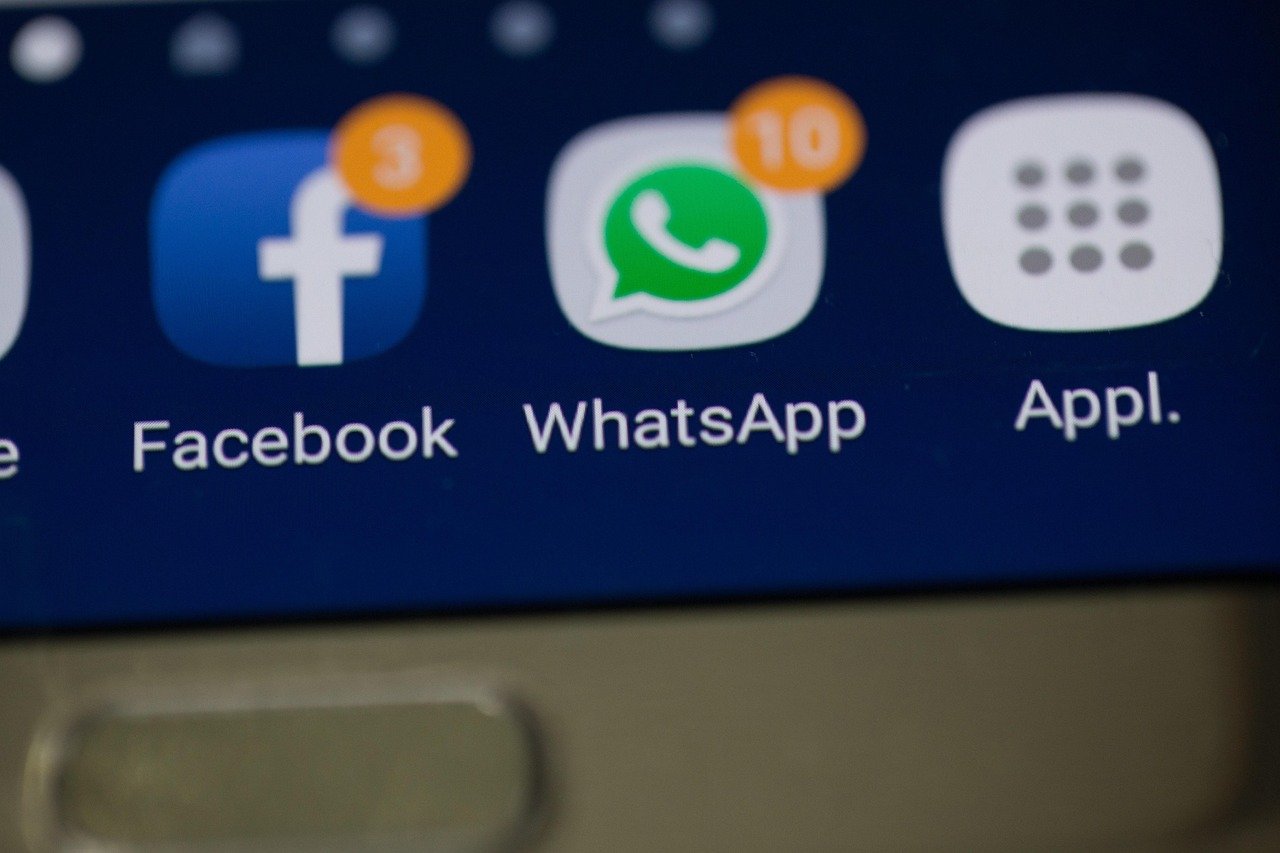In a major policy shift, WhatsApp has officially changed its rules to ban general-purpose AI chatbots from its platform. The new terms, set to take effect in January 2026, will block AI companies from using WhatsApp’s business tools to distribute their assistants to users.
This move directly impacts popular AI bots like OpenAI’s ChatGPT, Perplexity AI, and others such as Luzia and Poke, which have built services on WhatsApp to reach its massive user base of over 3 billion people.
What Exactly is Changing?
Meta has added a new section to its WhatsApp Business API policy specifically targeting “AI Providers.” The updated terms strictly prohibit these companies from using WhatsApp’s business platform if their main goal is to offer a general-purpose AI assistant.
In simple terms, if a service’s primary function is to act as a standalone AI chatbot that answers any question, it will no longer be allowed. This means you can no longer use WhatsApp to chat with a bot like ChatGPT for help with homework, creative writing, or general knowledge.
So, Which AI Bots Are Still Allowed?
Importantly, the ban is not a blanket restriction on all AI. WhatsApp has confirmed that businesses using AI for specific customer service functions can continue to operate.
For example, a bank using an AI bot to check your account balance, an airline bot that provides flight status updates, or an e-commerce bot that helps track your order will not be affected. The policy is designed to target broad, general-purpose AI assistants, not specialized business support tools.
Why is Meta Making This Move Now?
Meta’s decision comes down to two key factors: platform purpose and money.
- Sticking to the Original Plan: According to Meta, the WhatsApp Business API was built specifically for businesses to communicate with their customers—not as a distribution channel for AI companies. The recent surge of general chatbots was an “unanticipated use case” that placed a heavy burden on their systems and required a different kind of support.
- A Financial Decision: WhatsApp’s Business API is a core part of its revenue strategy. Businesses are charged for sending specific types of messages, like marketing notifications or authentication codes. General AI chatbots, which generate a huge volume of unpredictable messages, didn’t fit neatly into this paid structure. Essentially, Meta wasn’t set up to effectively charge these AI providers for their usage.
This move solidifies Meta’s own AI, “Meta AI,” as the sole general-purpose assistant available within WhatsApp. It allows the company to refocus its business platform on its core money-making strategy while eliminating external competition for its own AI product.






















